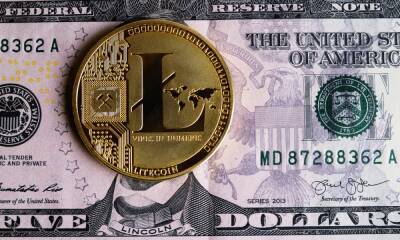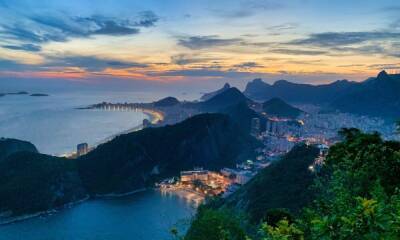Crypto exchanges won't bar Russians, raising fears of sanctions backdoor
Western sanctions, which aim to squeeze Russia's economy and sever it from the global financial system, have forced companies and financial firms in their droves to halt business in the country. But many of the world's largest crypto exchanges — including Binance and U.S.-based Kraken and Coinbase — have stopped short of a blanket ban on Russian clients, despite a plea from the Ukrainian government for one. They said they would screen users and block anyone targeted by sanctions.
Presented ByDid you Know?
You can earn interest like bank savings account on your Bitcoin wallet
View Details »The standoff illustrates the ideological gulf between the traditional financial sector and the world of cryptocurrencies, whose roots lie in libertarian ideals and distrust of governments. The crypto exchanges argued that cutting off a whole nation would run counter to bitcoin's ethos of offering access to payments free of government oversight. Yet some anti-money laundering specialists warned the exchanges could be keeping a route open for Russians to move money abroad, thus undermining Western efforts to pressure Russia to back away from war. «There's no question sanctions are diminished,» said Ross Delston, a U.S. lawyer and former banking regulator, adding that cryptocurrencies «allow an avenue for a flight to safety that would not have existed otherwise». While most exchanges do require ID checks, the rigour of «know-you-customer» rules differs across the industry, worrying regulators who see crypto as a vehicle for illicit cash. Anti-money laundering and crypto experts said people targeted by sanctions may try to move funds via so-called privacy coins — a class of cryptocurrencies that obscures the identity of users more than
Read more on economictimes.indiatimes.com



















